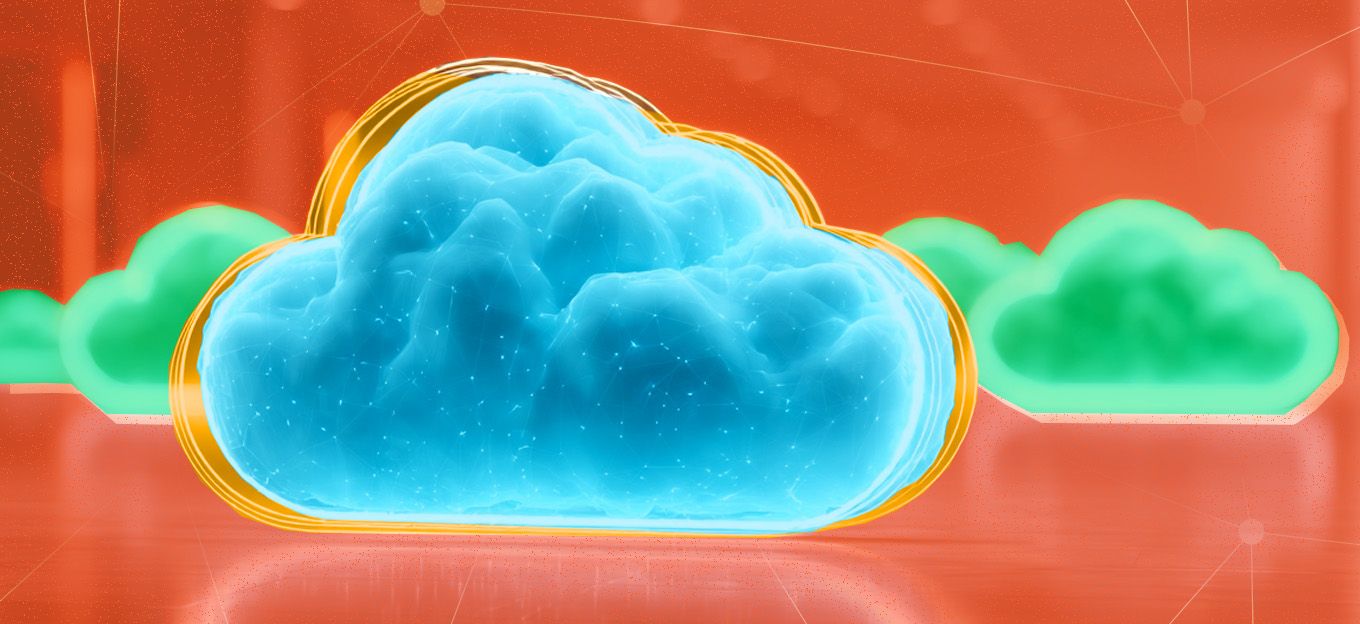Why Do Businesses Prefer a Private Cloud When It Comes to IoT?
Why Do Businesses Prefer a Private Cloud When It Comes to IoT?
- Last Updated: December 2, 2024
Noah Rue
- Last Updated: December 2, 2024



Everyone is familiar with items like smart refrigerators or home security systems and how these devices fit into the Internet of Things (IoT). In addition to radically transforming the lives of individuals, IoT helps businesses to run more effectively.
Whether it’s automated sensors on packages or vehicles to alert organizations to a supply chain status, devices that help monitor and track business development processes, or creating more customer engagement, it’s clear that IoT will only continue to help companies.
Another tool that is extremely helpful for devices within the IoT is the cloud, an interconnected network of servers that store data for individuals and businesses alike. While individuals may use the cloud more than they realize — such as storing files on iCloud instead of directly on a phone or computer — the cloud is also beneficial for many business processes, especially when storing data from IoT systems.
What Is the Difference Between a Private and Public Cloud?
Technically, you don’t need the cloud for IoT systems, and the processes of IoT systems can take place locally as opposed to on the cloud via a connection to the internet. However, using the cloud for IoT systems within your business may be extremely helpful because of the decreased costs and scale that often accompany cloud usage.
When considering Cloud services for your business, be sure to weigh all of the pros and cons of private, public, and hybrid clouds to make the most informed decision.
When it comes to cloud usage, organizations can use a private cloud, a public cloud, or a hybrid cloud. There are positives and negatives associated with all three cloud services.
The most popular type of cloud service — especially for individual use — is the public cloud. A third-party service provider owns this cloud, and they will also take care of any maintenance or infrastructure. Examples of the public cloud include Google Drive, iCloud, and Amazon Web Services.
With a private cloud, data and information can only be accessed by the organization it was created for. Private Clouds give an organization more control over its data. Organizations like financial institutions or government institutions dealing with sensitive information tend to prefer a private cloud model.
There are also hybrid cloud options, which are a combination of private and public clouds. This can give organizations the ability to customize better how and when to use each cloud type.
What Are the Benefits of a Private Cloud?
There are many reasons a company may prefer to work with a private cloud, including but not limited to:
Protect Company Data
Companies that are using IoT systems and devices typically have a lot of data. This data can deliver valuable insights that help a business to make improvements and evolve. It’s understandable why an organization may be concerned with data security.
Private clouds have dedicated service providers that allow an organization to have more control over its data. Because the organization is responsible for the installation and maintenance of the infrastructure of the cloud, they can better manage their valuable data.
Increase Productivity and Efficiency
One of the most beneficial aspects of using a private cloud is increasing efficiency and productivity in a business. An organization can thrive when they are focused on how to improve productivity among their employees.
Using a private cloud can increase your company’s efficiency by:
- Streamlining a business’s data usage and storage
- Making communication among co-workers easier and quicker
- Offering more flexibility and customization so that the systems can comply with unique regulations or standards within the company or industry
- Giving employees better file-sharing capabilities
Additional Benefits
There are a number of other benefits organizations may find with private cloud usage, such as:
- The Expense. While in many cases it may seem as if a public cloud may be the more affordable option, a 2019 study from 451 Research shows that private cloud computing — particularly if it is running on a dedicated single-tenant VMware — may be less expensive for some businesses.
- More Efficient Decision Making. A business may want to keep data that will lead to important business decisions on a more local level instead of sending said data to a centralized location for processing and analysis.
- Reduced Latency. On-premises management of systems and devices can provide much faster data connectivity between a server and devices, which can reduce latency and allow businesses to operate quickly.
- Better Integration With Existing IoT Systems. An organization will be able to integrate existing IoT systems with new systems in a more efficient way if they are able to physically access their data management system.
Conclusion
In this rapidly changing world, it’s important to frequently reevaluate your organization’s business decisions. As cloud computing continues to grow and evolve, it’s interesting to consider the future of cloud services for media, individuals, and businesses alike.
The Most Comprehensive IoT Newsletter for Enterprises
Showcasing the highest-quality content, resources, news, and insights from the world of the Internet of Things. Subscribe to remain informed and up-to-date.
New Podcast Episode

How Smart Labels Transform the Supply Chain
Related Articles


